Search
Remove Ads
Advertisement
Summary 
Loading AI-generated summary based on World History Encyclopedia articles ...
Search Results
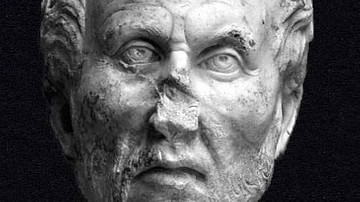
Definition
Plotinus
Plotinus (c. 204-270) was a Platonic philosopher born in Lycopolis, Egypt. Although the story of his life was written down by his student Porphyry, few biographical details are included because Plotinus rejected the physical world of appearances...

Image
Plotinus
Plotinus was a Greek philosopher who lived 204-270 CE. He founded the Neo-Platonist school of thought. This sculpture is now in the Ostiense Museum, Ostia Antica, Rome, Italy.

Definition
Greek Philosophy
Ancient Greek philosophy is a system of thought, first developed in the 6th century BCE, which was informed by a focus on the First Cause of observable phenomena. Prior to the development of this system by Thales of Miletus (l. c. 585 BCE...
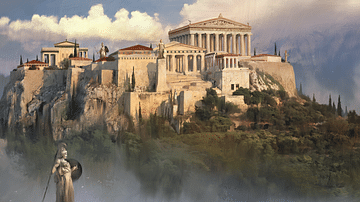
Definition
Proclus
Proclus of Athens (c. 412-485 CE) was a prolific Platonic philosopher whose main aim was the seemingly impossible task of defending traditional Greek polytheism at the time when his contemporary culture was almost completely dominated by...

Collection
Plato's Life & Influence
The Greek philosopher Plato (l. 424/423 to 348/347 BCE) is recognized as the founder of Western philosophy, following his mentor, Socrates. He founded the Academy in Athens, traditionally considered the first university in the Western world...
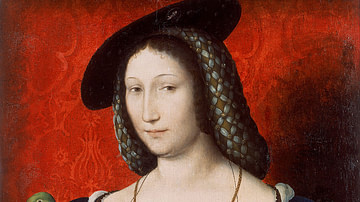
Definition
Marguerite de Navarre
Marguerite de Navarre (l. 1492-1549) was a writer, philosopher, diplomat, and Queen of Navarre, sister of King Francois I (Francis I of France, r. 1515-1547), mother of Jeanne d’Albret (l. 1528-1572) and grandmother of Henry IV of France...
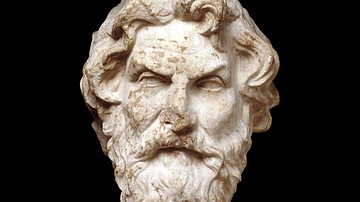
Definition
Philosophy
The word philosophy comes from the Greek philo (love) and sophia (wisdom) and so is literally defined as “the love of wisdom”. More broadly understood, it is the study of the most basic and profound matters of human existence. Philosophical...
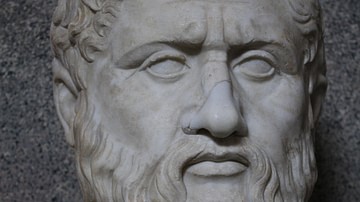
Definition
Plato
Plato (l. 424/423 to 348/347 BCE) is the pre-eminent Greek philosopher, known for his Dialogues and for founding his Academy in Athens, traditionally considered the first university in the Western world. Plato was a student of Socrates and...
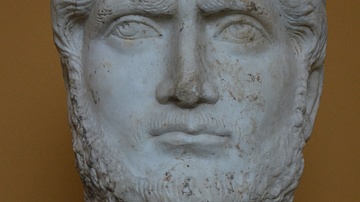
Definition
Gallienus
Gallienus was Roman emperor from 253 to 268 CE. Publius Licinius Egnatius Gallienus, the eldest son of Emperor Valerian, was named co-emperor by his father in 253 CE. He was one of many who would claim the throne over the next two decades...

Article
Historical Accuracy in the Film Agora
In 2009, film director Alejandro Amenabar brought the story of Hypatia of Alexandria (c. 370-415 CE) to the screen through the feature film Agora. Years later, the movie continues to draw criticism from Christian writers for its depiction...